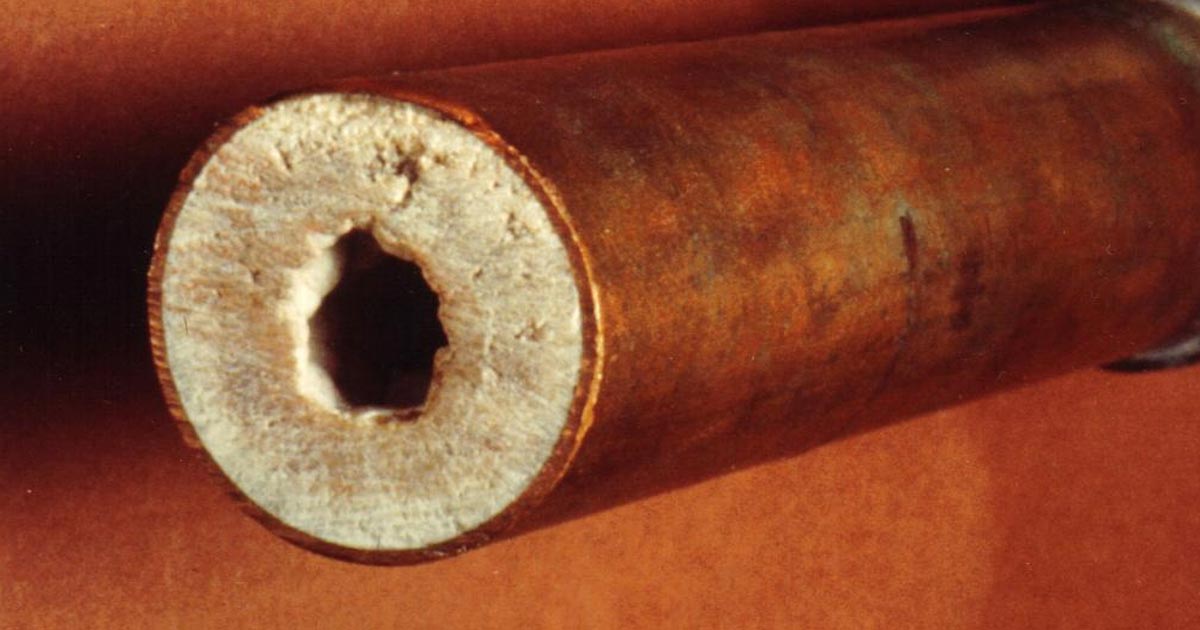Water Hardness

If you live in Minnesota, you are most likely familiar with hard water stains left on sinks and faucets. The same water conditions that those pesky stains can come from can also cause big problems with your pool’s water chemistry. Water hardness, or calcium hardness, is the amount of dissolved calcium and magnesium in your pool water, usually measured in parts per million (ppm).
Hard water (water that measures around 400 ppm) can create stains, or scale, on the walls and fixtures of your pool. But water that is too soft, or “aggressive,” can also create problems. It can lead to premature failure of a liner, pull calcium out of the pool’s plaster, or destroy the metal from ladders and handrails of your pool. Understanding what water hardness affects and how to manage the high levels of calcium hardness in your swimming pool, will help you better maintain your pool’s equipment and the quality of the water.
In our region of the world hard water is a part of life. Minnesota is notorious for hard water because of the geographic location and the minerals in the soil. While the ideal level of water hardness is 180-220 ppm (parts per million) in a swimming pool, Minnesota’s calcium hardness level is generally over 400 ppm. That is quite the difference. There are several things you can do to treat the effects of hard water, or products to add to soft water to achieve the ideal hardness.
If your water is too hard, there are bonding or sequestering products, such as BioGuard’s Scale Inhibitor, which can be added to your pool water. These products require an initial dose, along with a suggested weekly maintenance application, but can protect the pool equipment and surfaces from scaling and corrosion. Also, maintaining a low pH and Alkalinity with high calcium hardness levels can help with water clarity. On the other side of the spectrum is water that is too soft. To harden your pool’s water, it’s a good idea to add a calcium chloride product; we suggest BioGuard’s Balance Pak 300. There are also calcium-based shocks (calcium hypochlorite) or oxidizers, that will supplement with calcium along with shocking, we recommend BioGuard’s Burnout 3.
Want to learn more what water hardness is? Watch Dolphin Pool & Spa’s YouTube video on Water Hardness here: